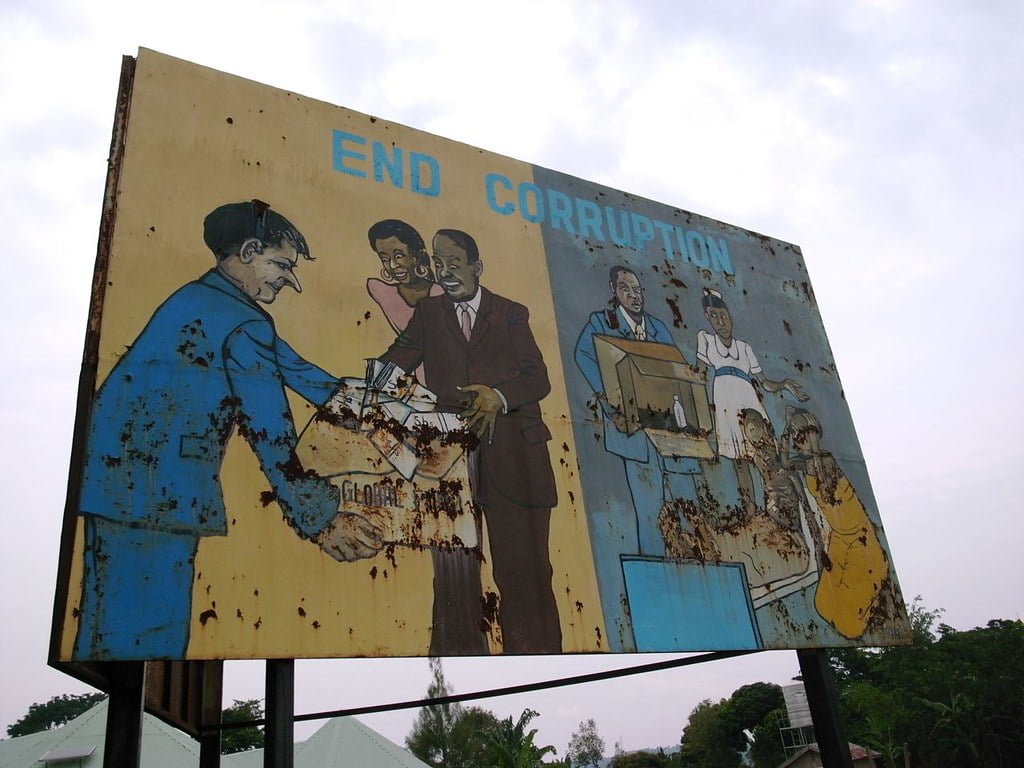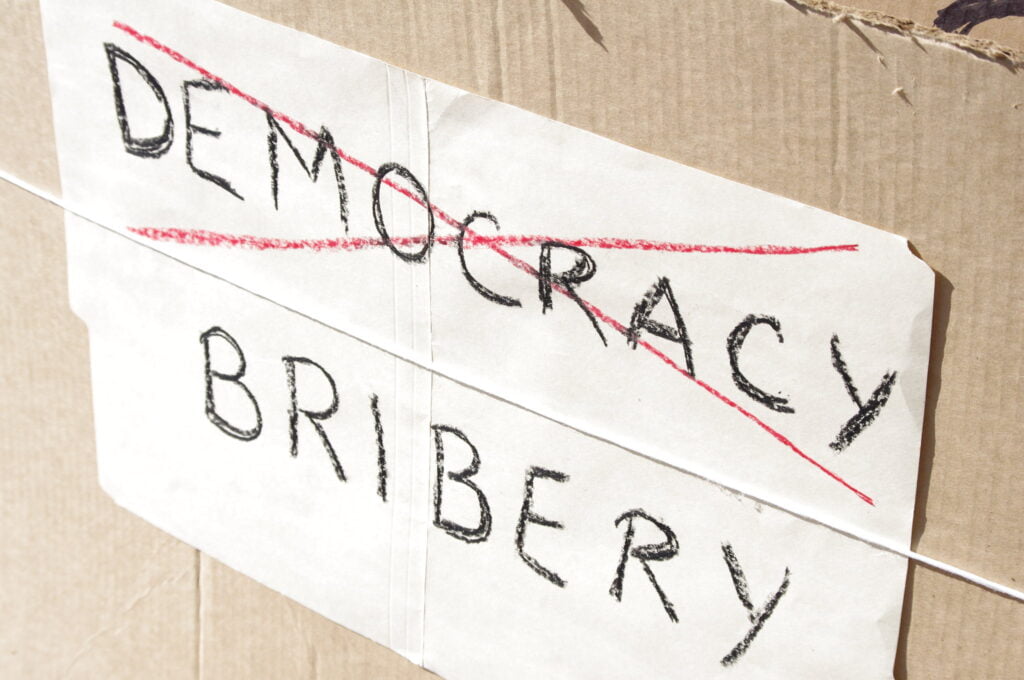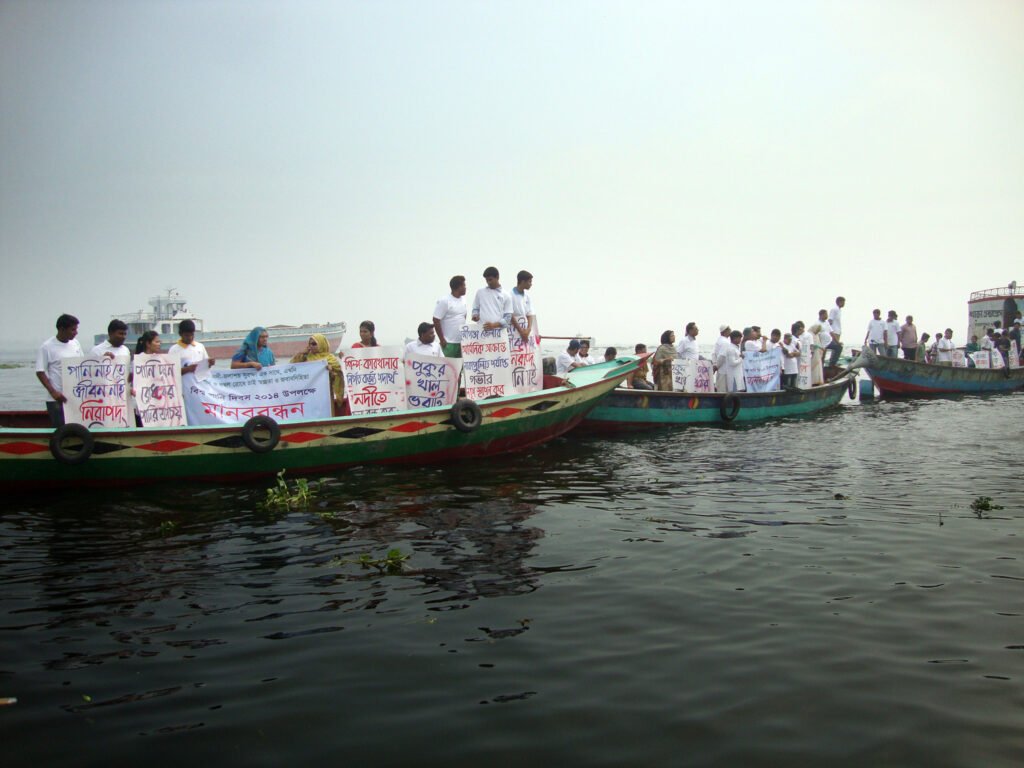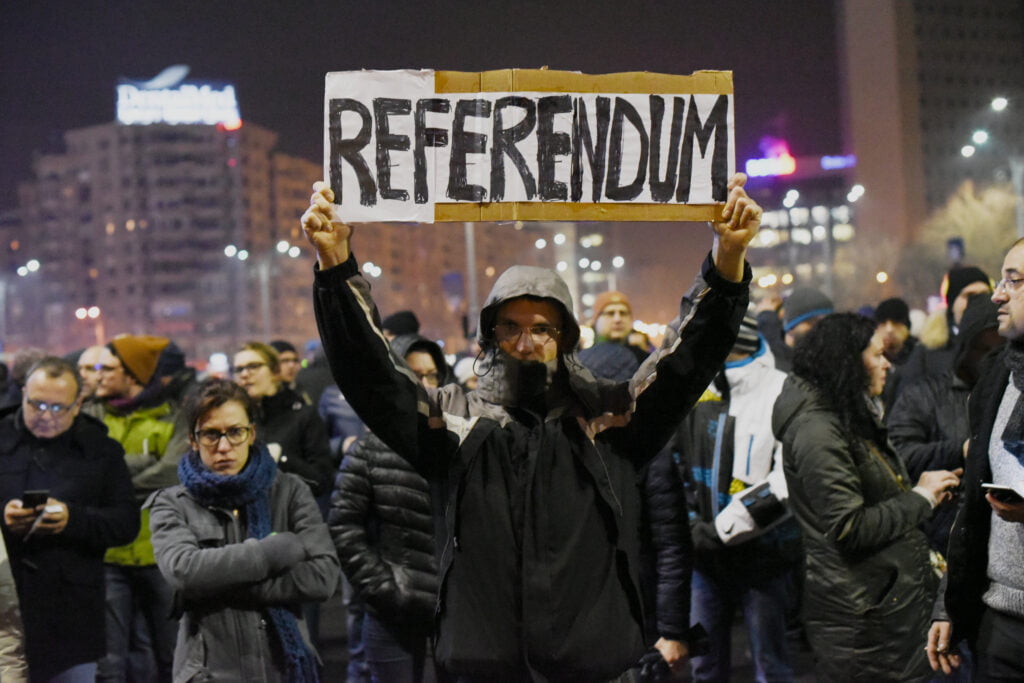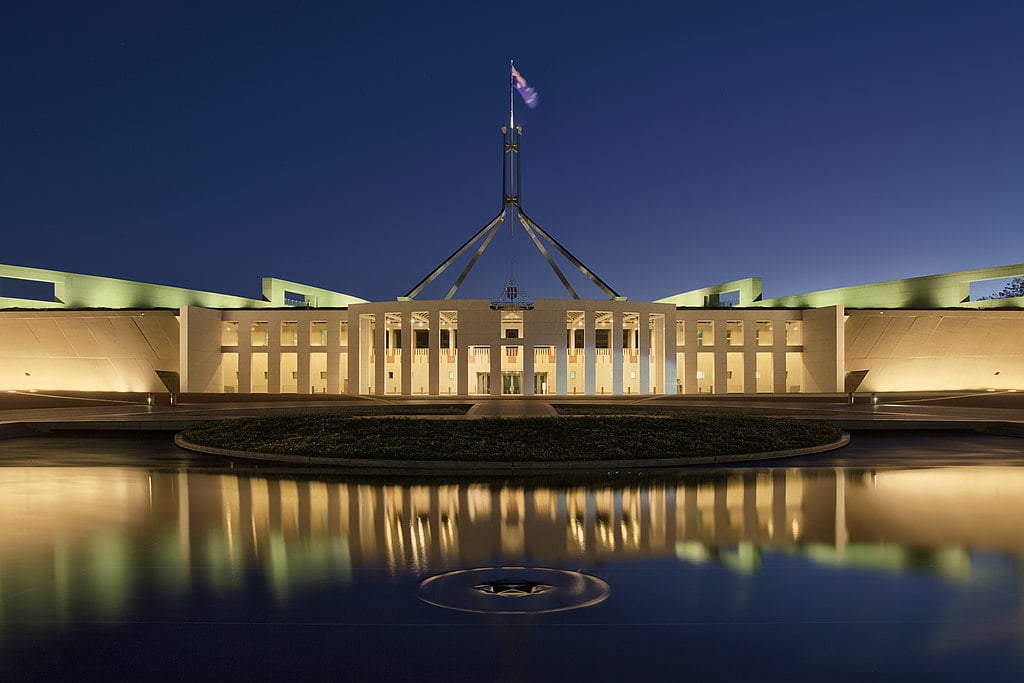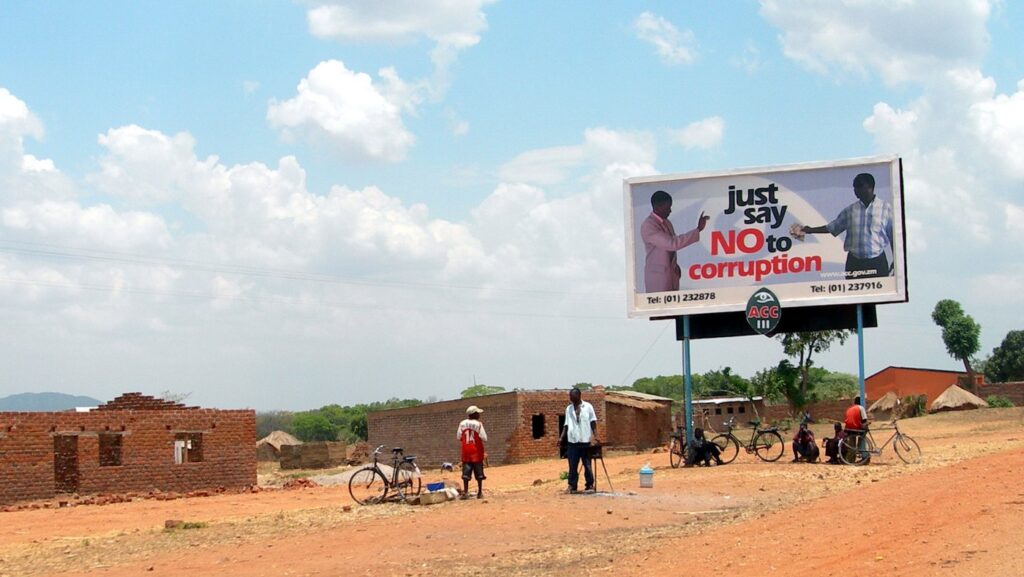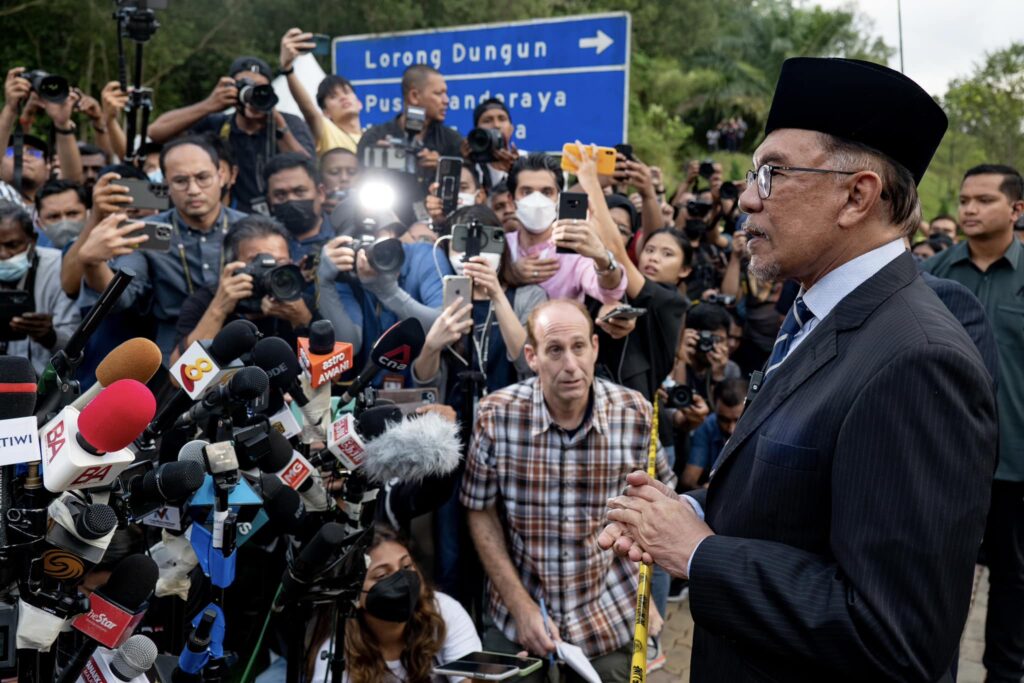Indonesia’s efforts to fight government corruption are being corrupted from within parliament, backed by big business.
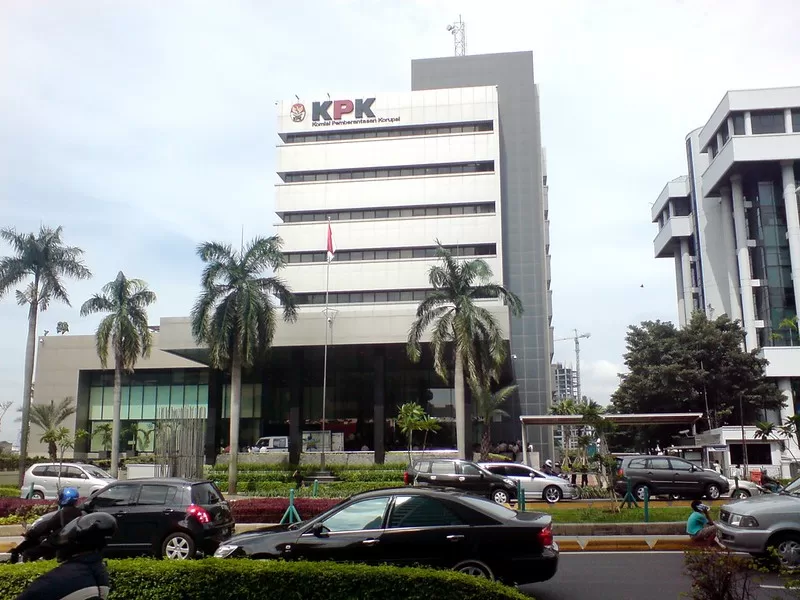
Indonesia’s efforts to fight government corruption are being corrupted from within parliament, backed by big business.
At the beginning of the 2000s, Indonesian voters said enough to corruption in politics. The Reform Order (1999) was designed to fight corruption. Then, in 2004, Indonesians elected President Yudhoyono largely on his promises to fight graft and corruption.
People demanded reform. Tools were put in place to attack the corruption endemic in public life that was holding back development.
But the system is failing. Indonesia’s own parliament, backed by big business interests, has succeeded in weakening the very system set up to fight corruption.
The tentacles of the oligarchs have wrapped themselves around the executive arm of government, where several cabinet members have considerable business interests. Indeed, 55 percent of Indonesia’s parliament members have significant business holdings.
The marriage between penguasa (the ruler) and pengusaha (business people) is getting stronger in Indonesia’s politics.
The Reform Order resulted in the creation of institutions that were expected to be able to free Indonesia from corruption. The Corruption Eradication Commission (KPK) had powers to investigate corruption. The Constitutional Court acted as the guardian of the constitution. The Judicial Commission was intended to ensure proper behaviour from judges. And the Ombudsman served as the ‘policeman’ of state officials.
But these institutions have failed to meet expectations. The fervour to fight graft that was there 20 years ago has faded. There has even been a revenge attack by corruptors backed by the oligarchs. A 2020 survey by Transparency International Indonesia showed he Indonesian Corruption Perception Index fell from 40 to 37.
In addition, the People’s Representative body was considered the most corrupt institution in Indonesia. The numbers show why. Between 2004 and 2020, 274 members of local and national parliament were arrested. Many MPs consider corruption eradication as a threat.
The efforts to undo Indonesia’s anti-corruption framework began with efforts to review the Corruption Eradication Commission Law to the Constitutional Court, where, according to data, more than 20 requests for review have been submitted. At the end of President Widodo’s first term, the parliament succeeded in pushing for a revision of the law. As a result, the Corruption Eradication Commission was weakened and was listed as an institution that the public no longer trusted.
It has since become a toothless tiger. The weakening of the anti-corruption body began with its leadership. There are also questions about the recruitment of commissioners whose commitment to eradicating corruption is problematic. Other commissioners have repeatedly violated the code of ethics, One chose to resign to avoid being fired. Legislation suspected of being corrupt was successfully passed because it did not receive supervision from the Corruption Eradication Commission.
There is a pattern of laws being drafted in secret and hastily passed which do not serve the interests of the public. The Anti-corruption body Law, the Mining Law, the Omnibus Law, and the Constitutional Court Law are all examples. The result is demonstrations. Any judicial review is usually rejected by the same people who passed the laws in the first place.
Parliament’s efforts to gain control over anti-corruption institutions have become increasingly evident, especially in the process of recruiting the members of those institutions. MPs replaced one constitutional judge because he was seen to be in conflict with the parliament’s agenda after he helped cancel the promulgation of the Omnibus Law.
The way to stop the erosion of Indonesia’s anti-corruption efforts must come from the top. But president Joko Widodo doesn’t seem to be taking any serious steps. People will remember his legacy as ignoring the Reform Order, unless he takes radical moves before leaving office in 2024.
Charles Simabura and Haykal are researchers at the Center for Constitutional Studies (PUSaKO), and lecturers at the Faculty of Law, Universitas Andalas Indonesia. Both authors declare no conflict of interest and did not receive funds in any form.
Originally published under Creative Commons by 360info™.
Editors Note: In the story “Combatting corruption in democracies” sent at: 01/12/2022 10:26.
This is a corrected repeat.


